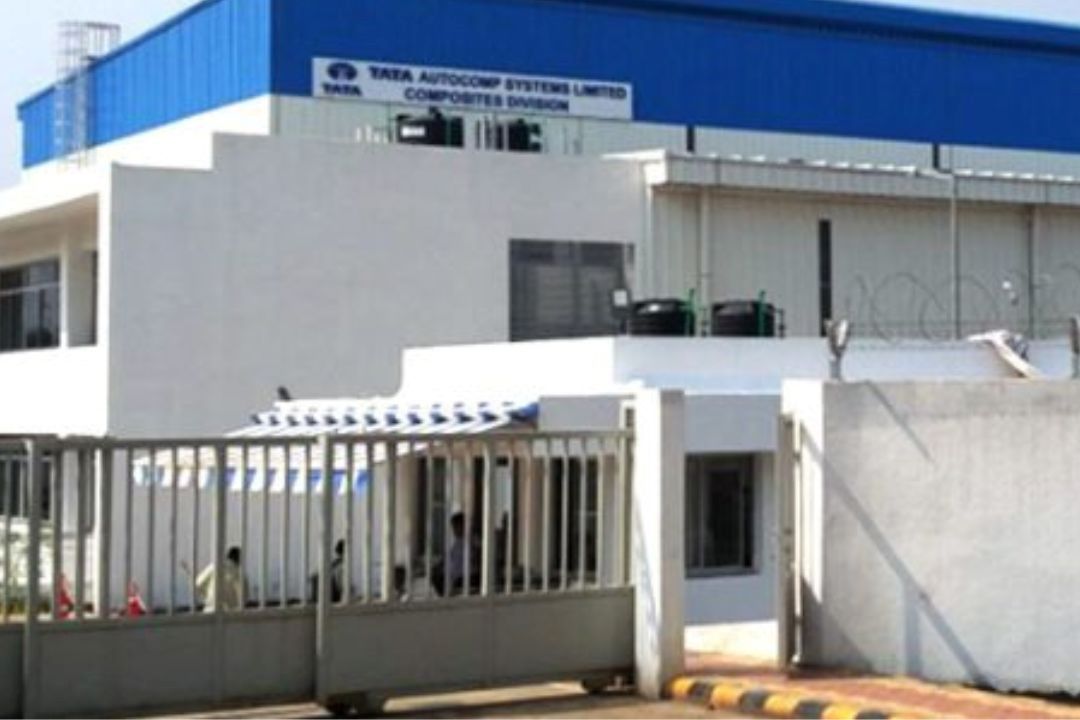Tata Autocomp Systems, a leading Indian auto component manufacturer, anticipates a tempered revenue growth of 10-12% this fiscal year due to slowing auto sales, but expects demand to recover in the next financial year, said Chairman Arvind Goel.

While the company has seen consolidated growth rates between 37-38% over the past five years, Goel projects this year’s revenue to reach approximately Rs 20,000 crore, up from Rs 17,500 crore in FY24. “Though this year’s growth has slowed to around 10-12%, we’re aiming to return to peak growth rates of 38-39% post-FY25,” Goel commented at the CII Next Gen Mobility Show in Pune. The company has a solid order book valued over Rs 10,000 crore, securing operations for the next two years.
Tata Autocomp, primarily supplying Tata Motors, provides components to numerous electric two- and three-wheeler OEMs and key players in the passenger and light commercial vehicle segments. Its offerings include interior plastics, composites, radiators, exhaust systems, batteries, suspensions, mirror assemblies, EV powertrains, and cooling systems.
Surge in EV Component Demand
Growth this year is driven largely by demand for EV-specific components like battery packs and powertrains. EV sales and exports are expected to contribute over half of Tata Autocomp’s Rs 20,000 crore revenue this year, with about 25% from each segment, and the remainder from traditional operations. “We plan to invest in new facilities, boost production capabilities, and increase localisation to capture this growth trend and define our future direction,” Goel said.
The company is also focusing on strengthening its joint ventures. Key partnerships include Hendrickson International (USA), Ficosa International SA (Spain), GS Yuasa International (Japan), and more. A notable milestone includes Tata Ficosa’s 25th anniversary, with plans to expand its product line to cover advanced automotive mirror systems, gear shifters, driver assistance modules, and antennas.
Tata Autocomp’s joint venture with Belgium’s Punch Powertrain, launched in 2023, has already begun producing dual clutch transmissions, CVTs, hybrid DCTs, and full EV reducers for major Indian passenger car makers. Additionally, a dedicated Rs 500 crore DCT manufacturing facility is under development in Chakan, Maharashtra, with an initial production capacity of 100,000 units.
India’s EV Growth Potential
In response to India’s strong emphasis on EVs and rising demand in the sector, Goel highlighted significant business development potential amid evolving geopolitical dynamics. “India is poised for growth with increasing EV component exports, and Tata Motors is expanding into markets in Africa, Latin America, and Mexico,” he noted. He also sees internal combustion engine (ICE) volumes remaining stable or growing, suggesting balanced growth between ICE and EV segments.
With India’s auto Production-Linked Incentive (PLI) scheme, Tata Autocomp could receive an 8-11% incentive from the Automotive Component Champion Incentive Scheme, plus an extra 5% for battery EV components. Addressing the stringent PLI testing standards, Goel underscored the importance of full transparency and accurate localisation data. “One of our companies is on track to meet the government’s PLI scheme requirements by year-end,” he said.
Goel also stressed the importance of supplier training to ensure that parts meet necessary quality standards, noting that a robust, transparent supply chain is crucial for the success of any PLI-driven initiative.







